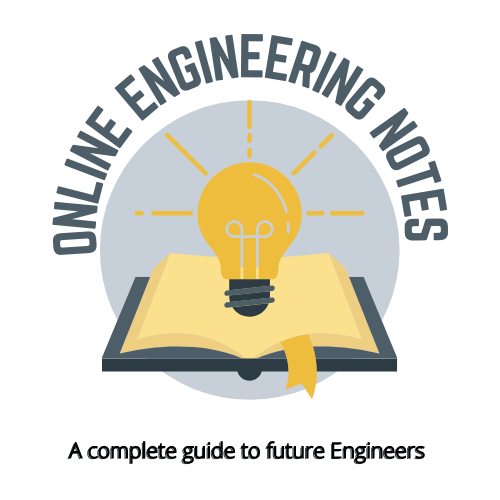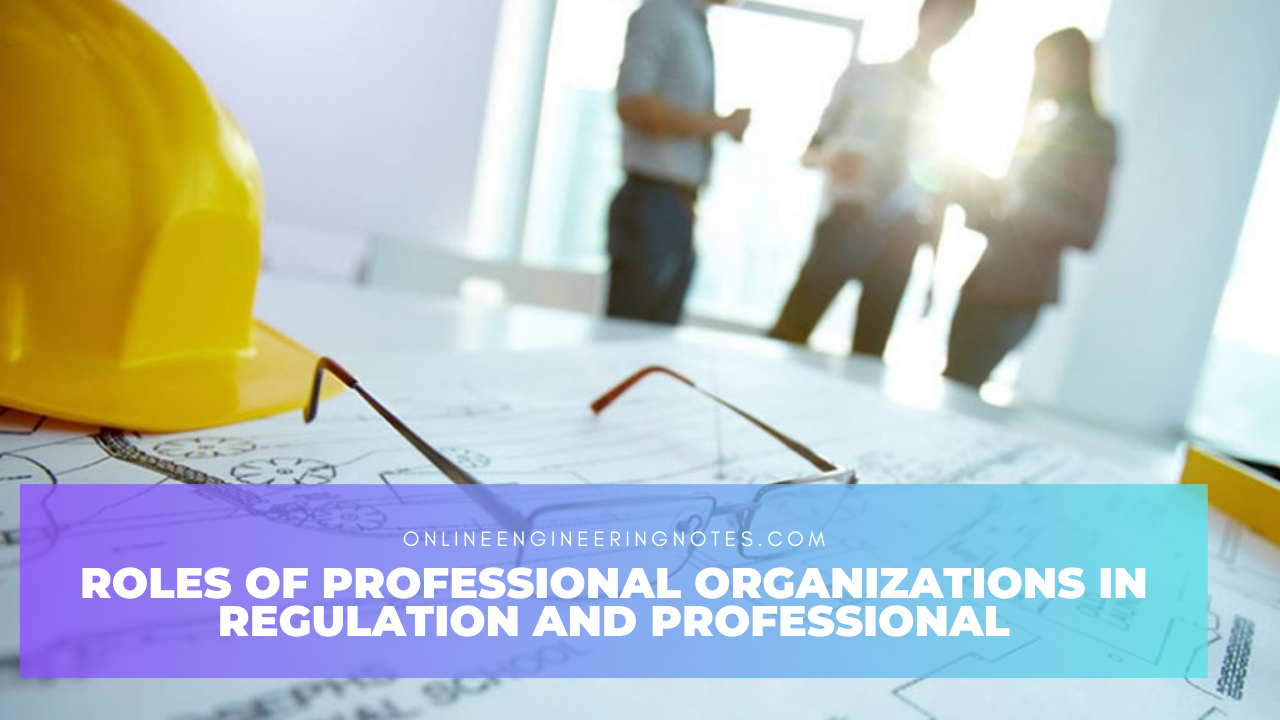1.1 Regulation of the practice of engineering profession
- Nepal Engineering Council (NEC) oversees the regulation and licensing of engineering professionals.
- Engineers must obtain a license from NEC to practice engineering in Nepal.
- NEC sets education criteria in universities.
- Engineers are bounded by code of ethics that emphasizes professional integrity, responsibility and safety.
- Nepal Engineering Association (NEA) is an organization that supports and represent engineers in Nepal.
- NEA raises awareness about the importance of well-regulated engineering practice.
- NEA provides opportunities for engineers to learn and improve their skill.
1.2 Objective of NEC and its License Provision
Objective:
- To ensure that engineer work with skill, integrity and professionalism.
- To prepare policies, plan and program for smooth functioning of engineering profession.
- To grant permission and approval to carry out engineering education.
- To facilities international recognition of Nepalese engineering qualification.
- To collaborate with industries and institution to enhance engineering practice.
License Provision:
- Licensing ensures that only qualified and competent engineers are allowed to practice.
- Educational qualification is verified before granting license.
Enhances trust in engineering service among public.
1.3 Different between NEC and NEA
| Nepal Engineering Council (NEC) | Nepal Engineering Association (NEA) |
| Regulates engineering practice and standard. | Represent and support engineers. |
| Grants license to qualified engineers. | Does not grant license, focuses on advocacy. |
| Sets professional and ethical standard. | Promote professional growth and networking. |
| Take action against misconduct by engineers. | Does not have authority for disciplinary actions. |
| Collaborates with industries for development. | Collaboration among engineers. |
1.4 Codes of ethics and guideline for profession engineering practice
- Discipline and honesty
- Politeness and confidentiality
- Non-discrimination
- Professional work
- Personal responsibility
- State, Name, Designation and Registration Number
- No publicity or Advertisement causing unnecessary effect
1.5 Roles of professional organizations in induction of new entrants into the profession
- Provide guidance and mentorship to newcomers.
- Help build connection with experienced professionals for learning and support.
- Offers workshop, seminars and training program to enhance skill.
- Share job opportunities.
- Provide certification to proof their skill.
1.6 Upgrading and maintain the professionals and technical competence of member of professional associations
- Training program
- Continuous learning
- Skill enhancement
- Industry updates
- Certification
- Networking
- Mentorship
- Professional journals
1.7 Providing technical expertise to public authorities in developing policies, acts, standard, project implementation procedures and international agreement and negotiation
- Helping authorities create better rules and guideline.
- Defining quality benchmarks for projects.
- Assisting in negotiations with other countries.
- Sharing knowledge to support decision.
- Participating in discussion for global agreement.
1.8 Ensuring occupational health, safety and general welfare of the public
- Creating rules for safe working condition.
- Offering guidance on health and safety measures.
- Advocating for law that protect workers and public.
- Providing education to prevent accident.
- Preparing for unexpected situation i.e emergency planning.
1.9 Role of professional societies in environmental protection
- Guidelines
- Education
- Research
- Advocacy
- Innovation
- Collaboration
- Awareness
References:
- Giddens, A. (2009). Sociology. Polity Press.
- Kumar, A. (2014). Engineering Ethics and Human Values. Laxmi Publications.
- Schaefer, R.T. (2018). Sociology: A Brief Introduction. McGraw-Hill Education.
- Manual of Engineering Professional Practice (Nepal Engineering Council)

